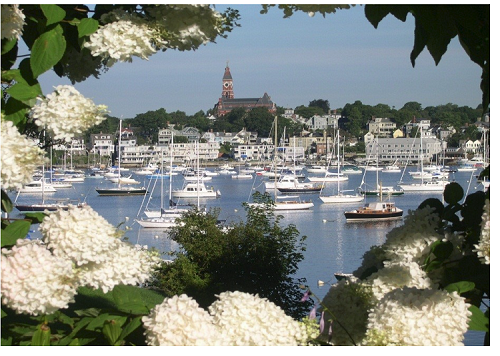No Virginia, this it NOT a housing bubble
There is a saying in the stock market, wherein I spent some 35 years of my earlier life, that the market climbs a wall of worry, meaning that the market climbs even as many commentators express concern about various economic or political risks.
This week S&P published a report entitled: US Home Prices Suddenly Surge, But Talk Of A Bubble May Be Premature read report .
Wikipedia defines an economic bubble as: “trade in high volumes at prices that are considerably at variance with intrinsic values. It could also be described as a situation in which asset prices appear to be based on implausible or inconsistent views about the future.”
OK so before we get carried away here, let’s remind ourselves that nationally housing prices remain 28% below their peak (which WAS a bubble) and that affordability is close to all-time highs. As I have pointed out before, a market that goes down 40% and then “surges” 15% is still down 31%. Not exactly a bubble.
Back to the wall of worry. Let’s think for a moment: mortgage rates rising, stock market slumping (from all-time high), riots in Brazil, US involvement in Syria – and all before we even start to worry about hurricanes hitting the US this summer. Wow!Time to head for the bunker in Montana (or North Dakota, which is booming thanks to fracking).
Worries such as those above tend to throw the market from time to time. But before you subscribe to a newsletter proclaiming “why the stock market will drop 90%” or “the coming housing crash”, remember that there are always some major concerns that the market – whether the stock market or real estate – has to overcome. And the people selling you the (fictional) newsletters above probably also have ones ready to roll out like “don’t miss the coming 100% rise in the stock market” or “90% of millionaires made their money in real estate – don’t you want to join them?”
Stock market advisors recommend investing for the long term. But the stock market is liquid and it takes but a few seconds and keyboard clicks to liquidate a portfolio. Almost the opposite is true in real estate, which is why I consistently remind people that buying a house is first and foremost buying a place in which to live – a home. Over time, home ownership in places like Marblehead – and hundreds and hundreds of other communities throughout the United States – will provide a reasonable gain. We don’t get “bubbles” and we don’t get slumps, just the opportunity to live in a fantastic, and fantastically well-run, town on the ocean.
So, to the question of whether you should still buy after the “surge” in prices and “spike” in interest rates? If you want a home and can afford it: Yes!

Andrew:
Your statement re Marblehead real estate, “We don’t get “bubbles” and we don’t get slumps, just the opportunity to live in a fantastic, and fantastically well-run, town on the ocean” contradicts the two definitions of bubble you provided. We certainly did experience a real estate bubble here in Marblehead.
Again, thank you for your reporting efforts.
Jody